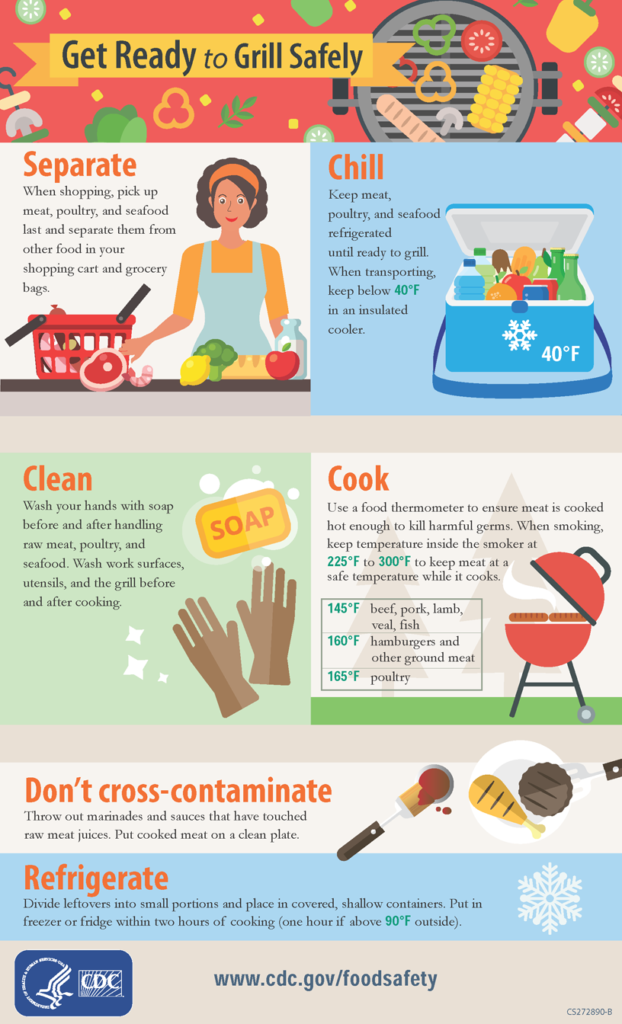- Advertisement -

Popular
Norovirus Prevention
Norovirus is a highly contagious virus and the most common viral foodborne illness. Norovirus infection is acquired by consuming produce (fruit and vegetables) irrigated with contaminated water contaminated with human or animal feces - or shellfish farmed or harvested in water contaminated with human sewage. Because only a few norovirus particles can make people sick, infection can also occur by consuming food handled by a person infected with the virus - or being in direct contact with an object, surface, or person that has been infected.
Food Safety for Raw Oysters
Raw shellfish (e.g. oysters, clams, mussels) can pose an increased risk to be contaminated - as they are filter feeders and become contaminated when their waters are polluted with raw sewage and bacteria.
Beach Food Safety
Going to the beach? While preparing for the heat on your body - also plan on the effects of heat on your food. Foodborne illnesses increase during the summer because not only does bacteria multiply faster in warmer temperatures, but preparing food outdoors makes safe food handling more challenging.
Basic Steps of Food Safety
Following good food safety habits can help protect you and your family from food illness. To keep your family safe from food illness, follow these four simple steps: clean, separate, cook, and chill:
Grilling and BBQ Food Safety
Summer months brings out everyone's barbecue grills. But, in warmer temperatures - additional food safety care must be taken because bacteria multiply faster. Following a few simple principles and guidelines can prevent a food illness.

























